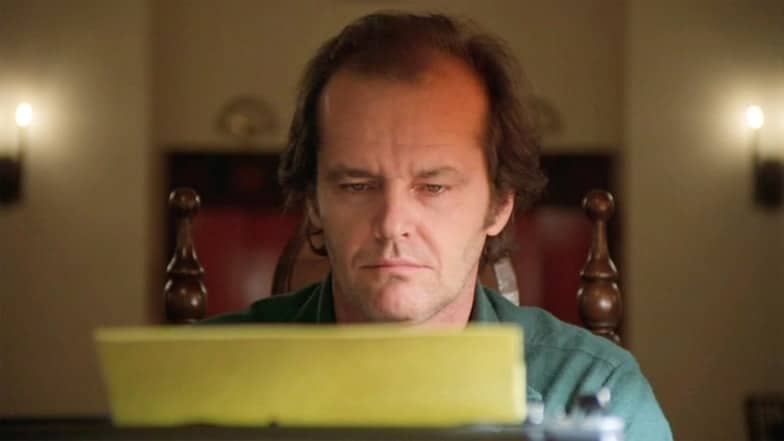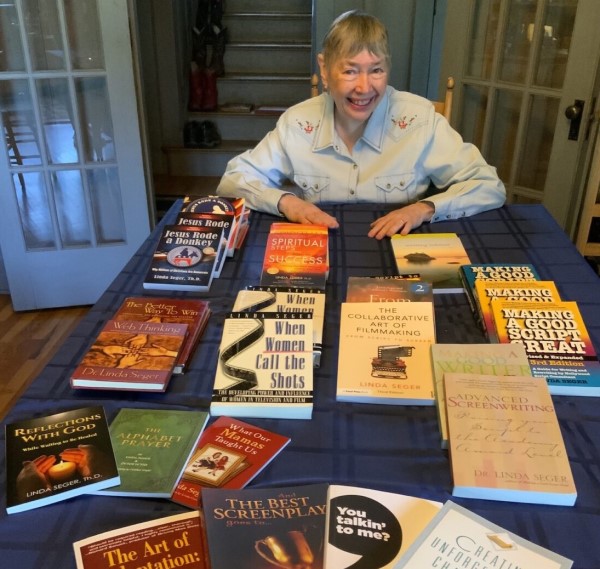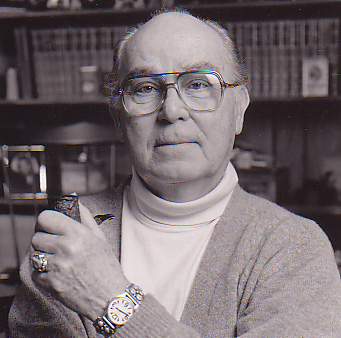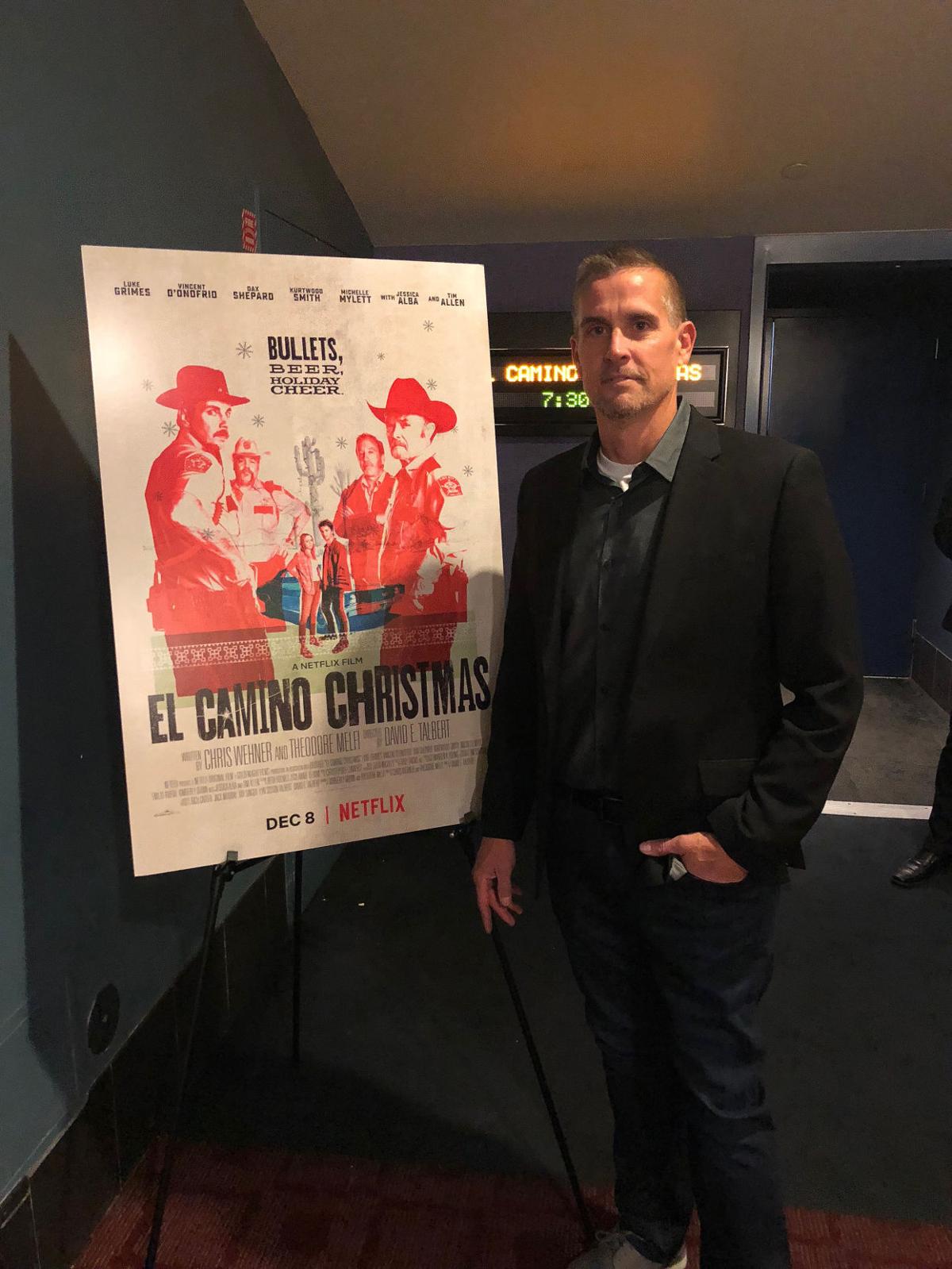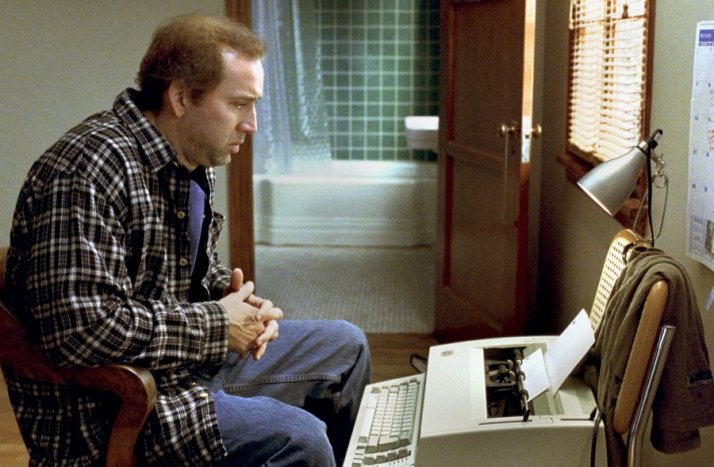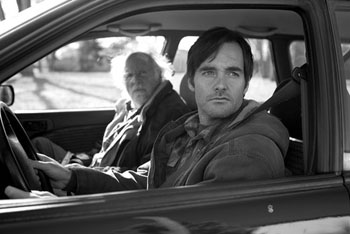Everyone thinks they can come up with a better movie idea than what they see on the Big Screen. From your hairdresser to the guy in that hole in the ground at the Lube center changing your car's oil, they all have thought at one time or another about how ridiculously simple writing a movie must be.
Well, be thankful most people don't pursue their Hollywood dreams. Still, there are tens of thousands of aspiring screenwriters out there… very tough odds for you regardless.
Read more



